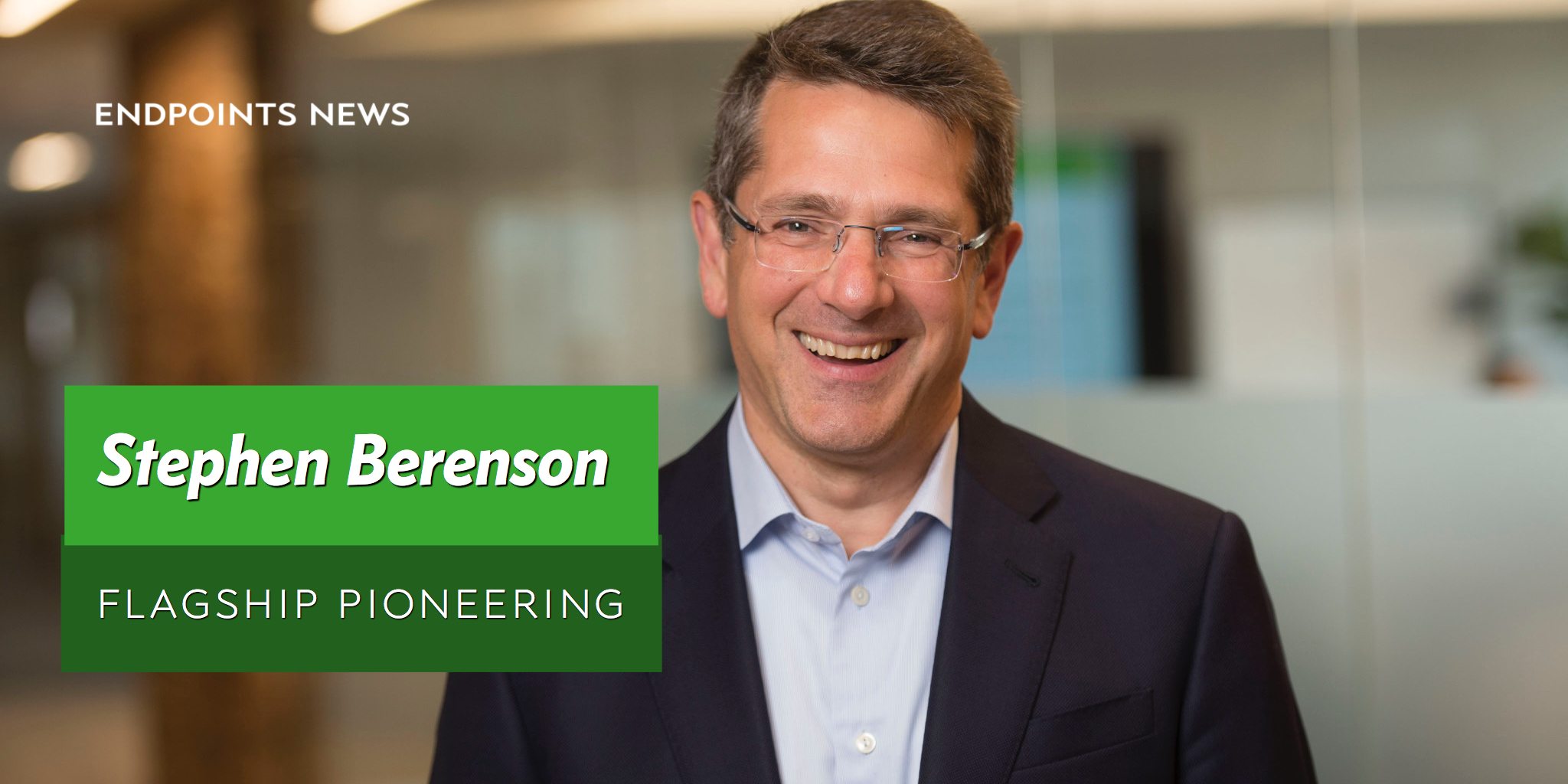
Top JPMorgan investment banker brings his talents — and connections — to the biotech startup crew on board Flagship
Stephen Berenson had a 33-year run at JPMorgan before he stepped out as vice chairman of investment banking at the beginning of the year. By …
Sign up to read this article for free.
Get free access to a limited number of articles, plus choose newsletters to get straight to your inbox.